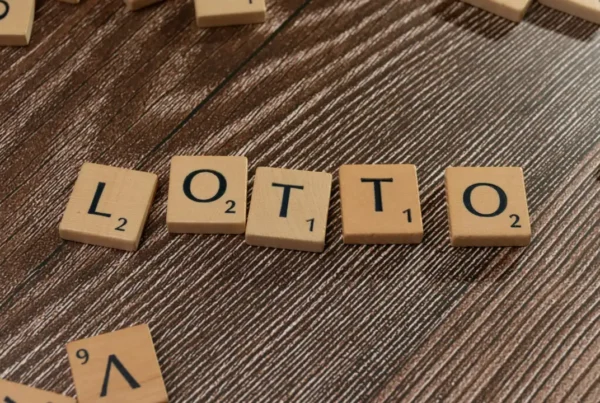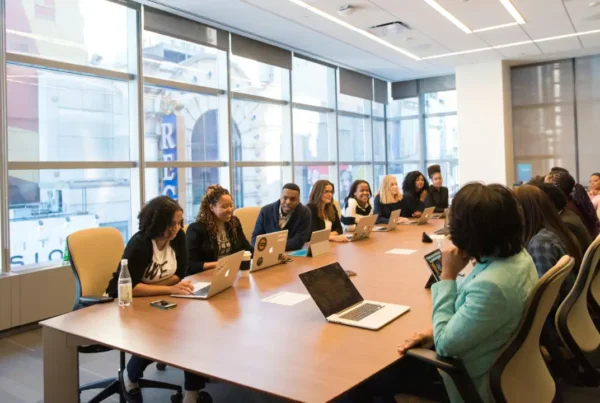
At noon EST on March 20, the initial registration period for FY 2021 H-1B lottery selection will close. All registrations must be properly submitted before this time in order to be considered in the initial selection. After registration closes, if USCIS receives enough registration during this period, USCIS will run a lottery to select the number of registrations USCIS projects are needed to reach the FY 2020 H-1B allocations. USCIS will run the registration lottery on March 20 and selected account holders will be notified by March 31. Selected beneficiaries will have 90 days from March 31 to submit their full, paper applications. Only selected beneficiaries can submit their applications.
The H-1B visa is a nonimmigrant visa suitable for individuals who have a bachelor’s degree or the equivalent and a job offer from a sponsoring employer in a specialty occupation that is related to their field of study. Currently, the H-1B visa cap stands at 85,000 visas for college graduates, 20,000 of which are allocated solely to applicants with U.S. master’s degrees. The number of applications each year significantly exceeds the number of available visas. In 2019, a total of 190,098 H-1B applications were submitted to USCIS. As a result, USCIS runs a lottery every year to select 85,000 total applications to adjudicate. To learn more about the H-1B visa and your eligibility, please click here.


